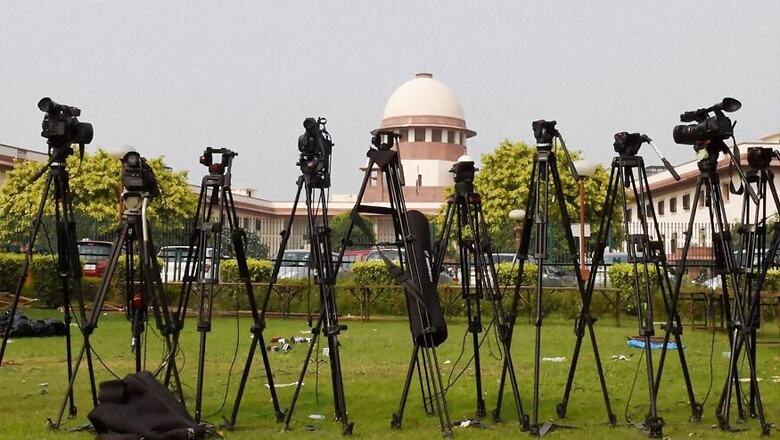
views
New Delhi: India's only surviving jury trial is now under the radar of the Supreme Court.
On Friday, the top court decided to examine the validity of the grant of Parsi divorces through a jury trial. It sought the view of the central government as well on the correctness of the pertinent legislation.
India abolished jury trial in 1959 and the sensational Nanavati murder trial was the last case to be tried under this system.
But Parsi divorce cases are still tried by a five-member jury under a 1936 law which makes Parsi matrimonial courts one of its own kind and the only body of personal law which still uses the jury system.
The jurors, usually comprising retired men from a fast-dwindling but influential community, hold sessions at the Bombay High Court wherein they rule upon cases of divorce.
Under the Parsi Matrimonial and Divorce Act, 1936, the Bombay Parsi Punchayet nominates each jury member for a 10-year term.
On Friday, when a PIL by a Parsi woman challenged the validity of this system on the ground of being discriminatory, the apex court bench was left amused.
The bench headed by Justice Kurian Joseph said that the system was being followed for 80 years now and that its validity was never questioned before a constitutional court.
The lawyer for petitioner Naomi Sam Irani was quick to respond. "This court has invalidated 1800-year-old practice of triple talaq when found discriminatory and unconstitutional. Let this law be also tested," said the lawyer, while referring to Justice Joseph's own judgment in the triple talaq case.
At this, the bench agreed to examine the matter and sought assistance of a law officer of the government on the next date of hearing.
The court will hear the PIL next week.











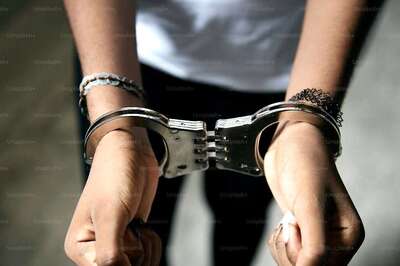
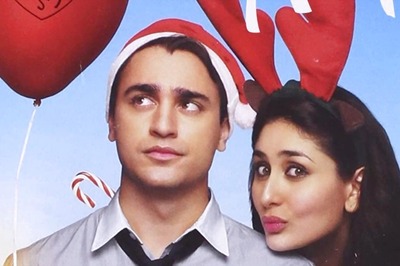
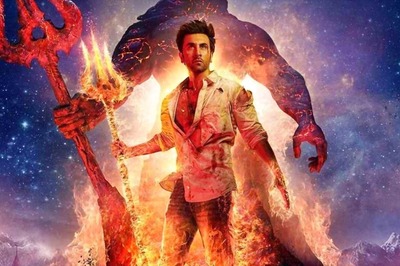

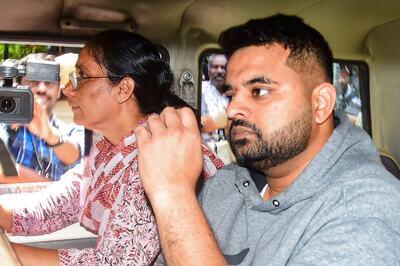

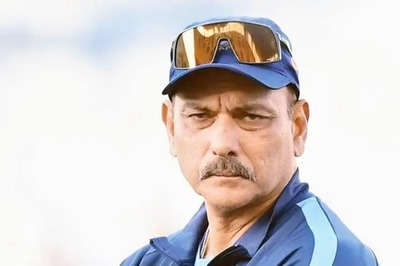


Comments
0 comment